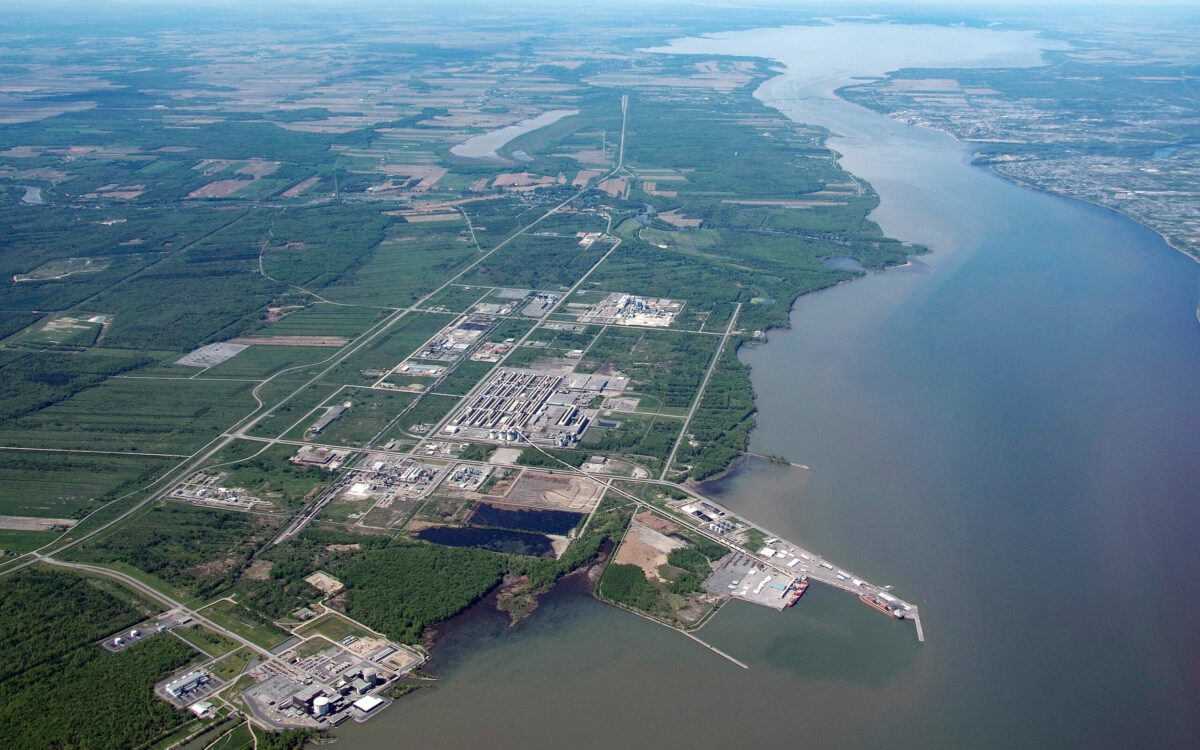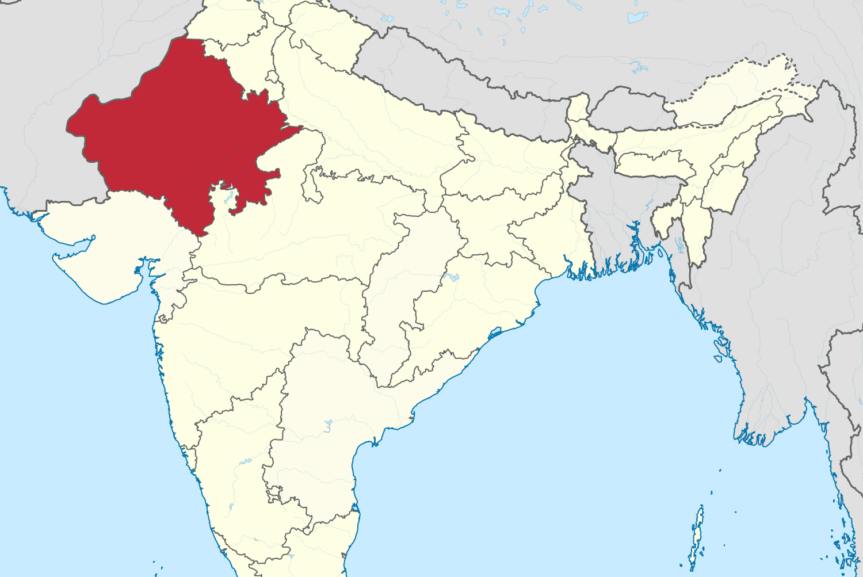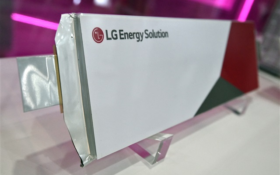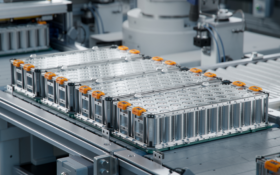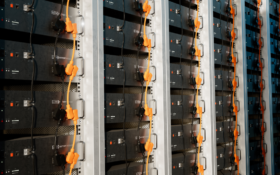German chemicals firm BASF has signed an agreement to secure land for a planned lithium-ion battery cathode active material (CAM) and recycling site in Canada.
The site in Bécancour, Quebec will allow the firm to increase output to 100 kt CAM per year with potential for fully integrated precursor cathode active materials (PCAM) supply.
The company will target battery manufacturing markets in the US, Canada, Mexico and “beyond” with materials from the planned facility.
The new site would use hydropower to reduce the carbon footprint of its products.
The move is part of the conglomerate’s plan to further tap into the North American market and access the region’s supply chain.
The investment is intended to further enhance BASF’s CAM production footprint in North America.
The site will have provision for a nickel and cobalt intermediates base metal refinery and recycling of all battery metals (including lithium).
Project planning is progressing and subject to necessary approvals, BASF targets project commissioning in 2025.
BASF’s battery and recycling commitment
The latest development follows four years of aggressive moves into the battery materials industry— including a global manufacturing and R&D footprint, and a portfolio of mid- to high-nickel, manganese-rich, cobalt-free CAM.
Last October, BASF and lithium-ion battery maker SVOLT— a spin out from China’s vehicle OEM Great Wall Motors—formed a cradle-to-grave partnership to work together on CAM development, raw materials supply and battery recycling for SVOLT’s battery cells.
Last July, BASF announced plans to build a battery recycling prototype plant in Germany to extract key materials from end-of-life lithium-ion cells and production scrap.
The plant at BASF’s CAM plant site in Schwarzheide is scheduled to be commissioned by 2023.
The Schwarzheide plant— which broke ground in November, 2020— is scheduled to have an annual output for 400,000 full electric vehicles from this year.
Last May, BASF announced plans for a joint venture (JV) with Hunan Shanshan Energy to produce CAM and PCAM in China— with the German firm having a 51% share of the JV.
The JV aims to increase its annual CAM capacity to 160 kilotons by 2022 with further expansion underway.
In 2018, BASF announced plans for a battery materials production plant in Harjavalta, Finland— and in February 2020 confirmed the plant would produce PCAM from this year.
The plant is being built adjacent to a nickel and cobalt refinery owned by Russian mining firm Norilsk Nickel (Nornickel), as part of BASF’s €400 million ($456 million) multi-step investment plan to supply European battery cell manufacturers with regionally-manufactured cathode materials.
Canada’s CAM credentials
This month has also witnessed vehicle OEM General Motors and South Korean materials firm POSCO Chemical confirm they will work with the governments of Canada and Quebec to build a new cathode active material (CAM) facility in Bécancour.
The $400 million facility will produce CAM for GM’s Ultium batteries, which will power its electric vehicles.
GM and POSCO to build CAM lithium-ion material plant in Canada

